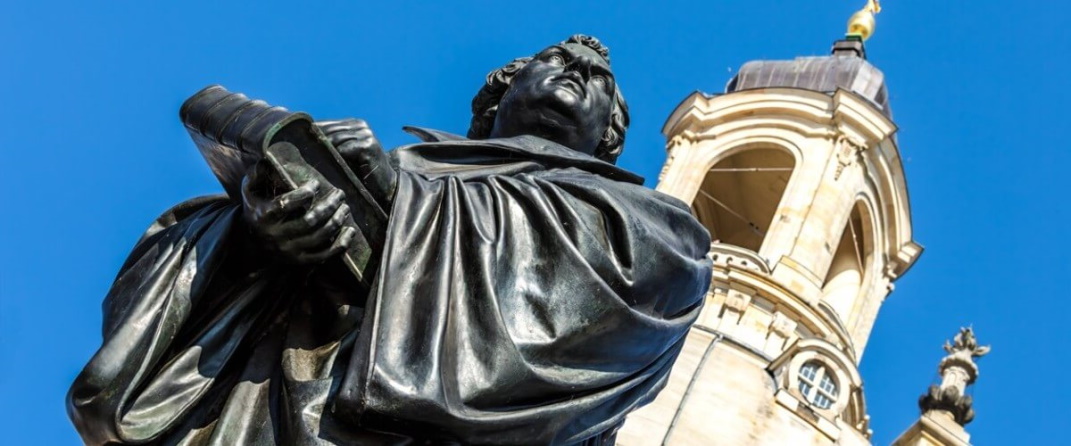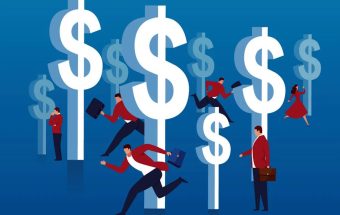Martin Luther’s actions in 1517 are widely regarded as a major catalyst for one of the most interesting times in European history – The Reformation. Five hundred years later, it’s hard to overstate the impact of Luther’s bold act that day when he famously nailed his 95 theses onto the church door. But what happened after? For 500 years since then, Europe has had an ever-changing relationship with Protestantism and its spiritual foundations. So let’s look at how this time forever changed society and shaped much of our world today.
The Reformation and its significance
After 500 years, the Reformation is still an extremely relevant topic as it is one of the defining moments in Europe’s history. It changed Christian theology and began an era of religious reform that would majorly affect culture and society for centuries. The Reformation saw the emergence ofism as a new branch of Christianity in Europe that diverged from the Roman Catholic Church. This branch was based on Martin Luther’s interpretation of scripture and resulted in the introduction of Protestantism, with its five main branches (Lutheran, Calvinism, Anglicanism, Anabaptism, and Presbyterianism).

The impact on the government
The Reformation also had a direct impact on the governments of Europe. It brought new ideas about civil authority and religious liberty, challenging the idea that one group or institution should have complete control over the others. It eventually led to the rise of European nation-states and laws protecting religious rights and freedom of conscience.
The impact on education
The Reformation was also a major catalyst for educational reform. The Protestant emphasis on individual study and interpretation of scripture led to a resurgence in the importance of education, both religious and secular. It meant more people had access to learning, impacting literature, philosophy, science, and the arts. The Protestant emphasis also saw an increase in literacy and the spread of knowledge, which helped to usher in the Enlightenment era.

The impact on art and culture
The Reformation had a profound impact on European art and culture. In particular, it gave birth to a new style of religious painting that focused on depicting spiritual figures and themes from scripture. It also resulted in an increased focus on the individual and their relationship to the divine, which is reflected in much of modern art today. Additionally, Protestantism gave rise to a whole new genre of music, known as hymns, which are still sung today.
How this period shaped much of our world today
The Reformation has had a lasting legacy, and its impact can be seen in many aspects of modern life. From our ideas about freedom of religion and civil rights to how education is structured, this period has left its mark on today’s world. It also helped shape a whole new era of exploration and discovery that ultimately led to the development of modern science, economics, and democracy. Five hundred years after Luther nailed his 95 theses to the door of a church in Wittenberg, its effects are still being felt today.




